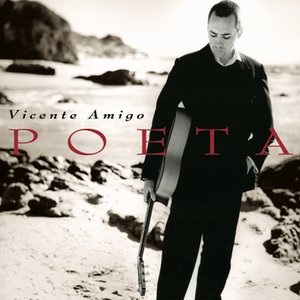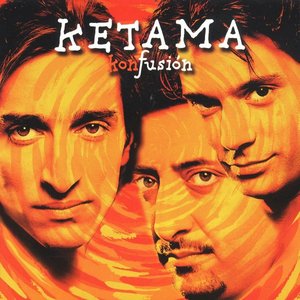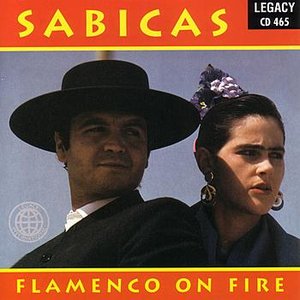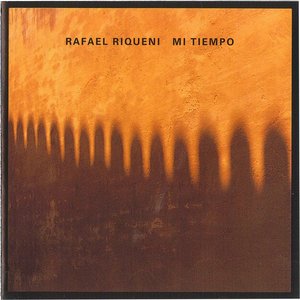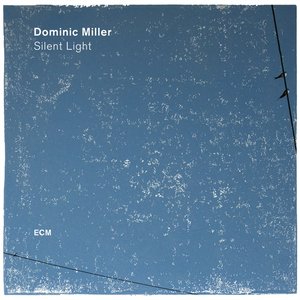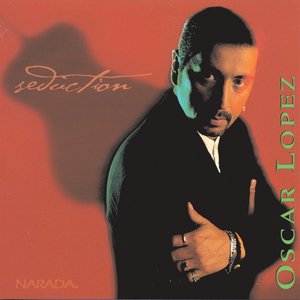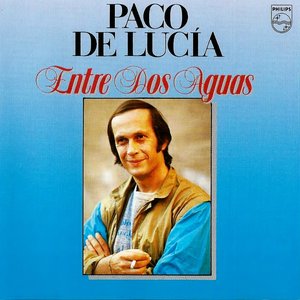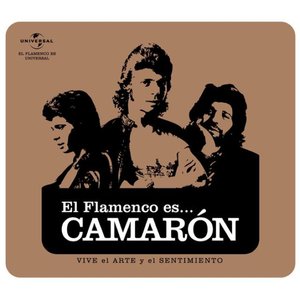Wiki
-
Release Date
1 January 2003
-
Length
8 tracks
Paco de Lucía – Cositas Buenas
Most veteran jazz listeners probably came across Paco de Lucía during his rip-roaring '80s adventures alongside fellow guitarists John McLaughlin and Al DiMeola. In that particularly heated setting, each player aimed for pure intensity—and amazingly enough, nobody fell by the wayside.
Diehard flamenco fans probably found Paco de Lucía elsewhere. His first record, 1961's La Fabulosa Guitarra, featured his brother Pepe de Lucía on vocals and proudly displayed a slicked-back hairstyle on the cover. It fell directly into the longstanding tradition of flamenco, a product of mixed peoples, including Gypsy and Moor cultures. As de Lucía has grown older and broadened his horizons, he has continually incorporated styles from the New World and elsewhere, breaking the centuries-old Andalusian mold.
De Lucía's long been recognized as a guitar virtuoso without par on his instrument, and his best recording to date remains 1987's crisp, pared-down Siroco. Now a somewhat shaggier beast, he's returned after a five year absence with Cositas Buenas, which provides exactly the same "good little things" the title promises. He finds willing partners in guitarists Juan D'Anyelica and Tomatito, though for the most part these pieces are uncomplicated, warm songs with the poignant, fiery vocals characteristic of the tradition.
One surprise comes in the form of the oddly melancholy El Tesorillo - a gradually crescendoing tientos with singers Diego el Cigala and Angela Bautista occupying open space above spare guitar. Its unusual simplicity belies a soft mood. The rumba Casa Bernardo brings (fretless) bassist Alain Pérez into the mix and features the understated (muted) trumpet of Jerry González, crossing all sorts of boundaries without being heavy-handed about it.
But the four bulerias on the record cling most tightly to de Lucía's roots, and those roots run deep. Despite the relatively novelty of the other pieces (including the tangos title track), the traditional music rings truest. Cositas Buenas may not be de Lucía's best record, but that's not a heavy criticism given the guitarist's high standards over the last forty-plus years. It's certainly refreshing to see him return to record after such a lengthy hiatus. Maybe next time the serving will extend beyond these brief 39 minutes.
Album descriptions on Last.fm are editable by everyone. Feel free to contribute!
All user-contributed text on this page is available under the Creative Commons Attribution-ShareAlike License; additional terms may apply.

